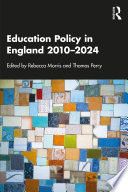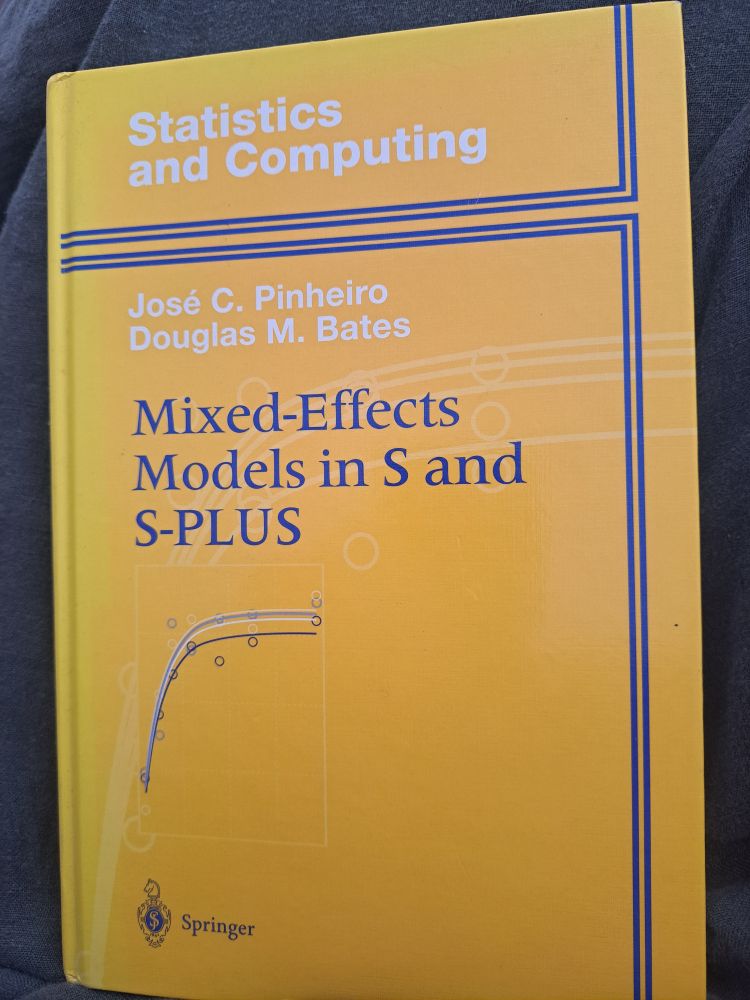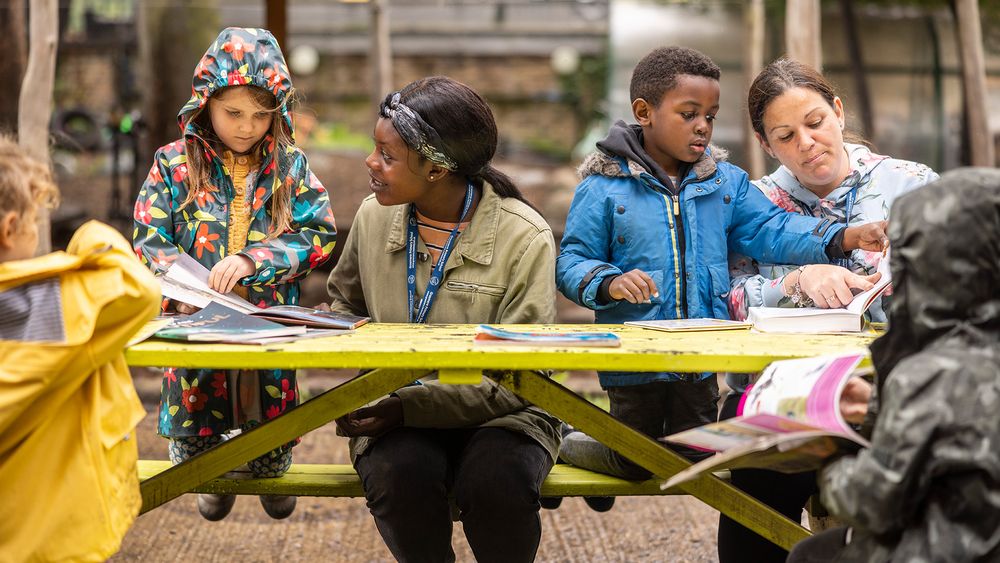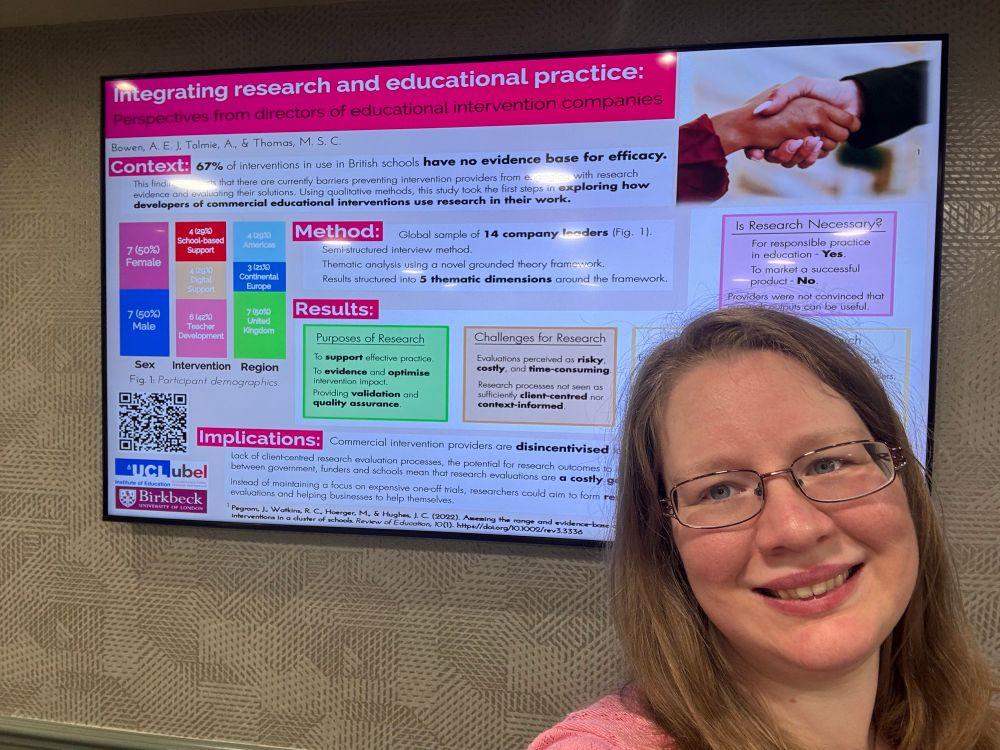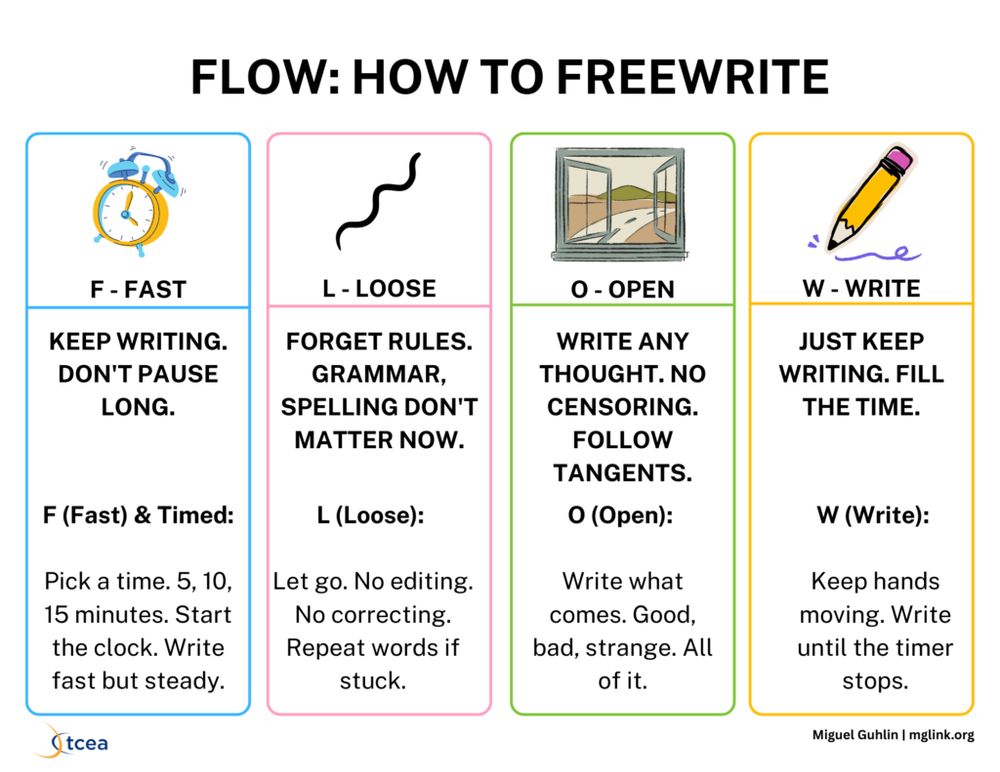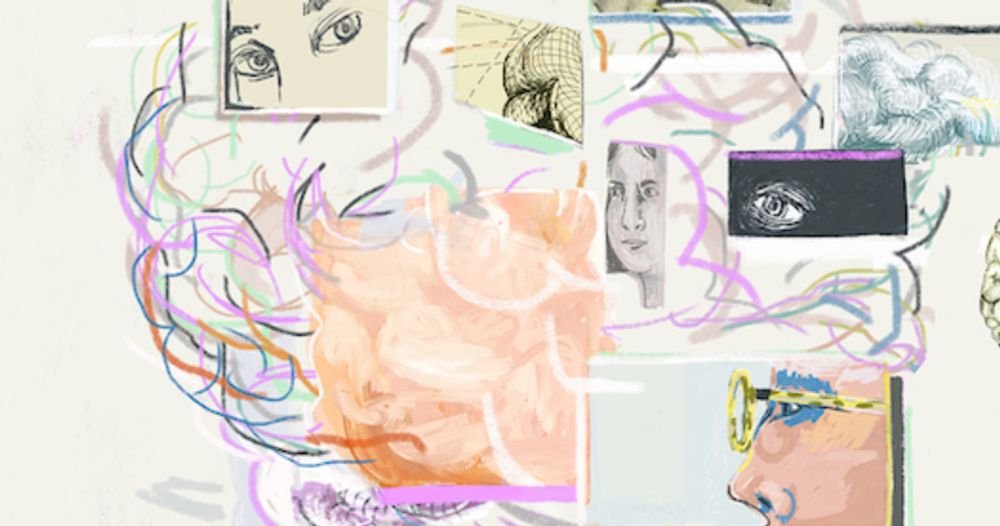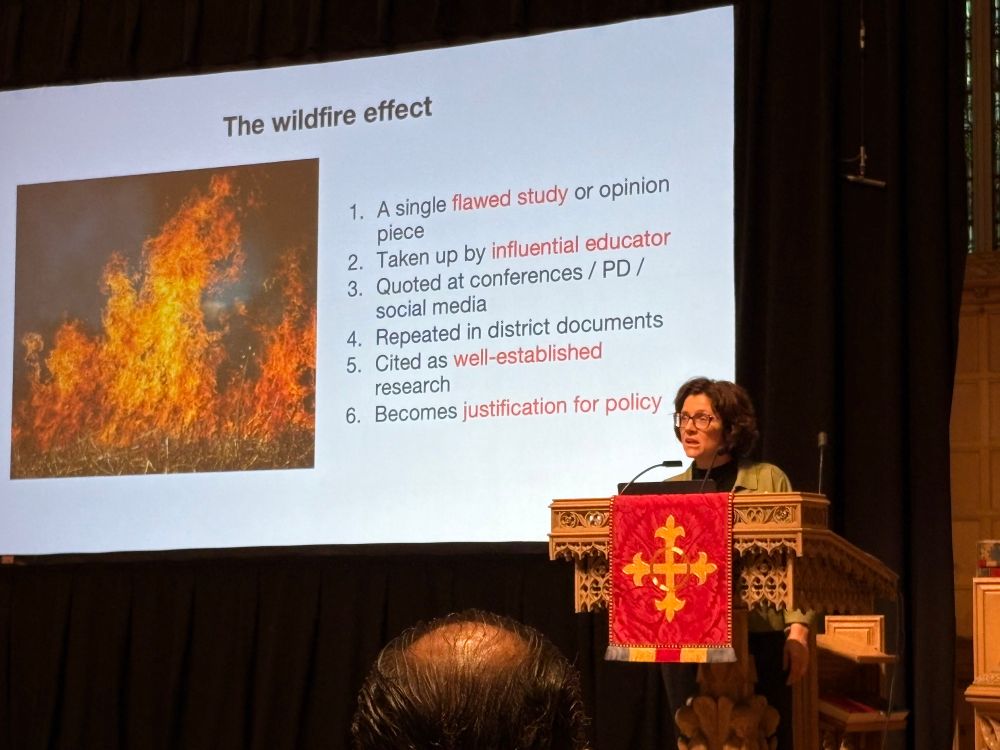aejbowen.bsky.social
@aejbowen.bsky.social
110 followers
73 following
66 posts
Researcher, teacher, therapist. Interested in bringing a better school experience to future generations.🌻🌈 Based at the University of York 🦆 affiliated with Birkbeck College🦉and the Centre for Educational Neuroscience 🧠
Posts
Media
Videos
Starter Packs
Reposted by aejbowen.bsky.social
Reposted by aejbowen.bsky.social
Reposted by aejbowen.bsky.social
Reposted by aejbowen.bsky.social
Reposted by aejbowen.bsky.social
Reposted by aejbowen.bsky.social
Reposted by aejbowen.bsky.social
Reposted by aejbowen.bsky.social
John Kounios
@johnkounios.bsky.social
· Jul 5
Reposted by aejbowen.bsky.social
Reposted by aejbowen.bsky.social


